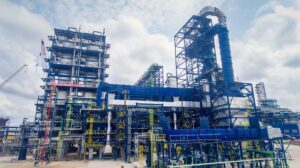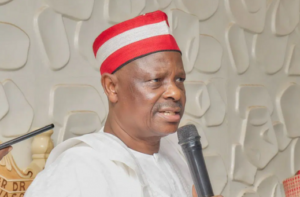A recent analysis by 9am News Nigeria has exposed a significant financial strain on Nigerian states, as debt charges reached an astounding N243.2 billion within the first nine months of 2024. The highest burden was felt by Ondo State, which spent a remarkable N64.6 billion, overshadowing its internally generated revenue of just N24.4 billion.
Other states with considerable debt charges include Rivers at N42 billion, Oyo at N20.5 billion, Taraba at N21.1 billion, and Kogi at N18.1 billion. This level of debt expenditure is especially alarming as it diverts resources away from crucial development areas like infrastructure, healthcare, and water supply.
The state of Ondo exemplifies this issue: its debt charges surpassed its ministry of works and infrastructure allocation, which received only N19 billion. Additionally, while N141 million was earmarked for water resources, sanitation, and hygiene, debt charges consumed 640 times that amount, revealing a stark contrast in funding priorities.
Experts argue that states’ heavy reliance on loans to counter revenue crises is driving a “debt trap” that hampers their ability to address urgent infrastructure needs. Furthermore, a World Bank report highlights that public debt in developing nations, particularly with rising interest rates, drains critical funds and intensifies financial vulnerabilities.
In Ondo, for instance, 51% of households lack access to clean drinking water, and 66% lack sanitary facilities, while flooding remains a persistent issue. Yet, with a mere N100 million allocated for borehole rehabilitation, the vast allocation to debt payments underscores a growing financial imbalance.
With escalating nigerian states debt charges, the need for fiscal restructuring has become urgent. Addressing these issues is crucial to ensuring that funds are allocated effectively toward improving the living standards of Nigerians.
Stay tuned to 9am News Nigeria for more Breaking News, Business News, Sports updates And Entertainment Gists.
















